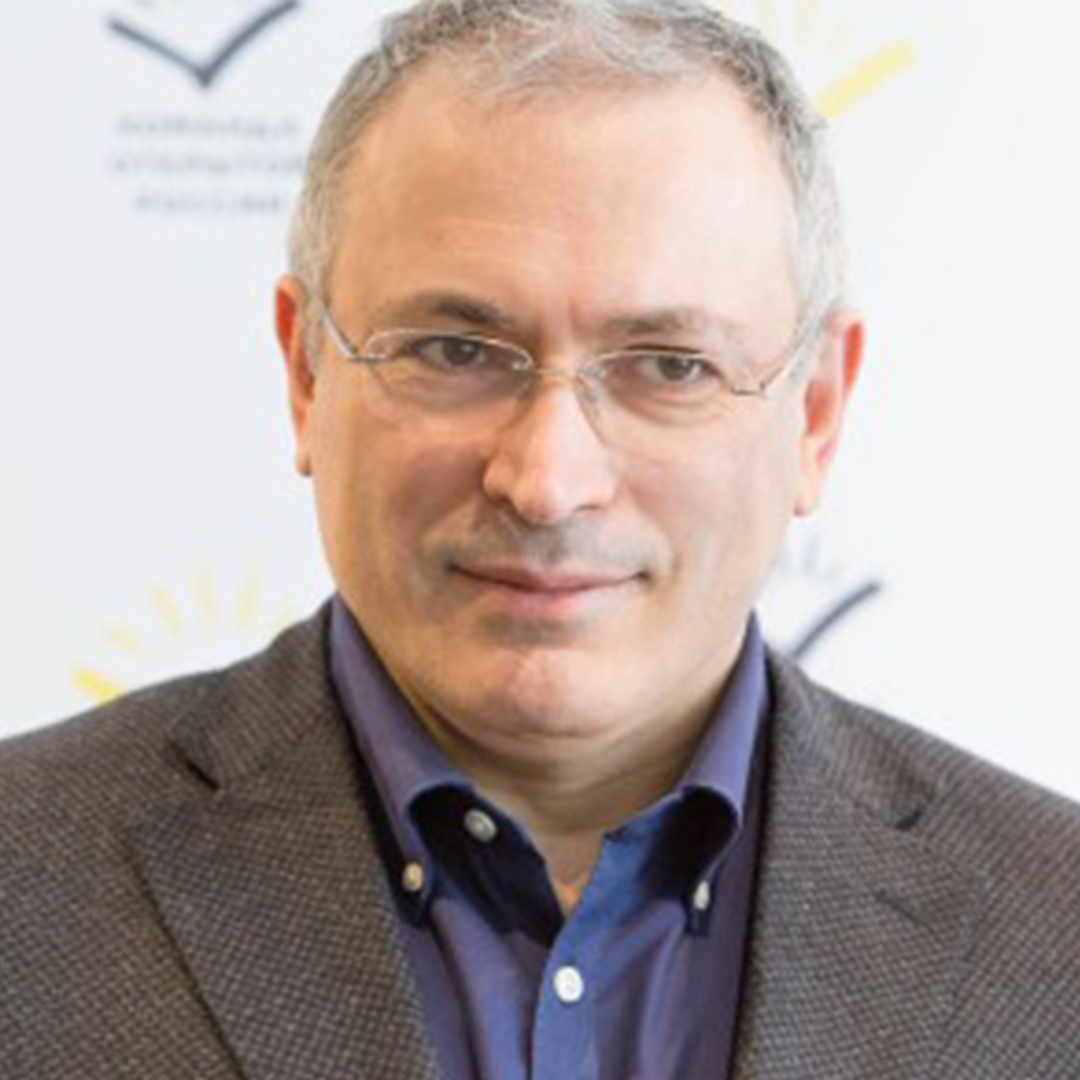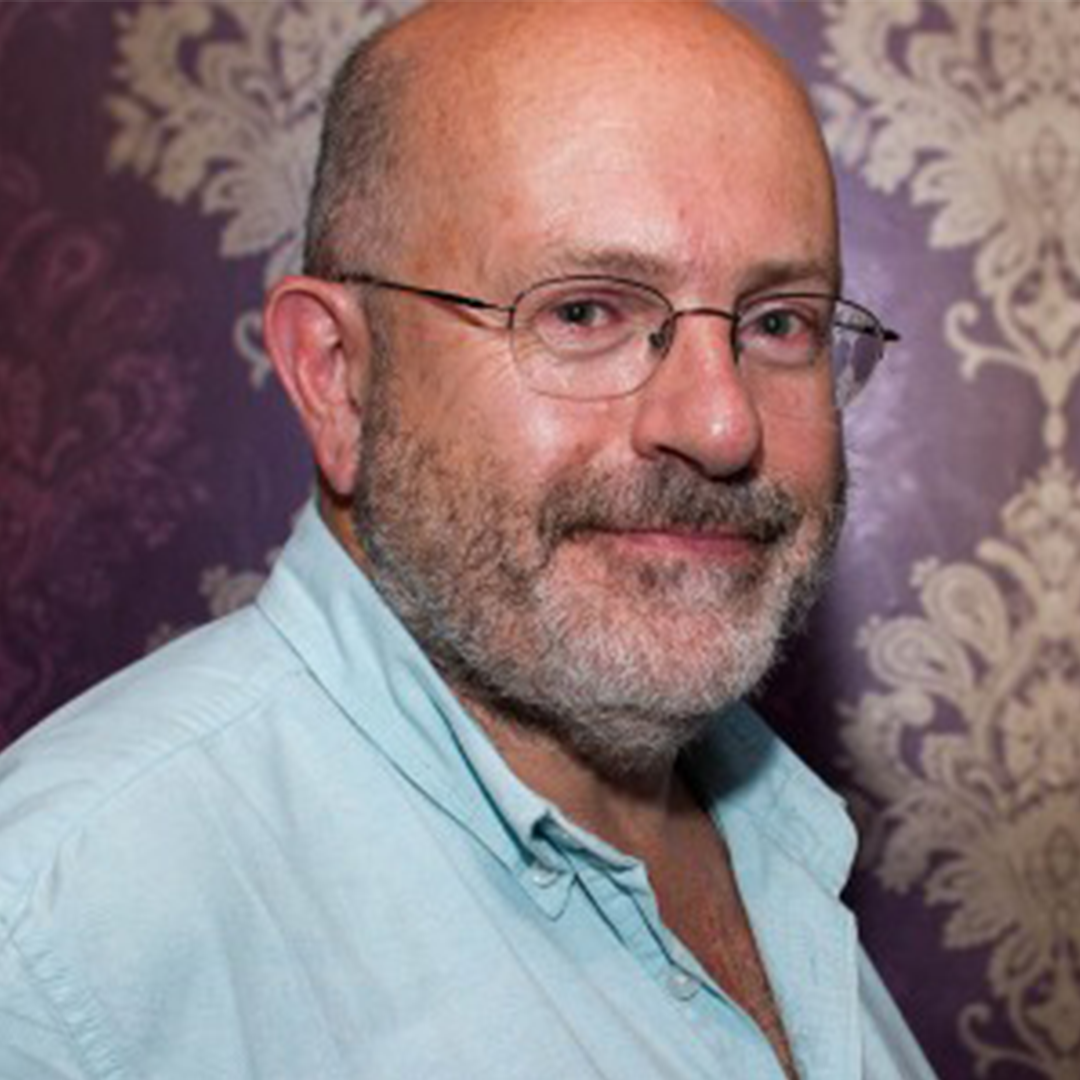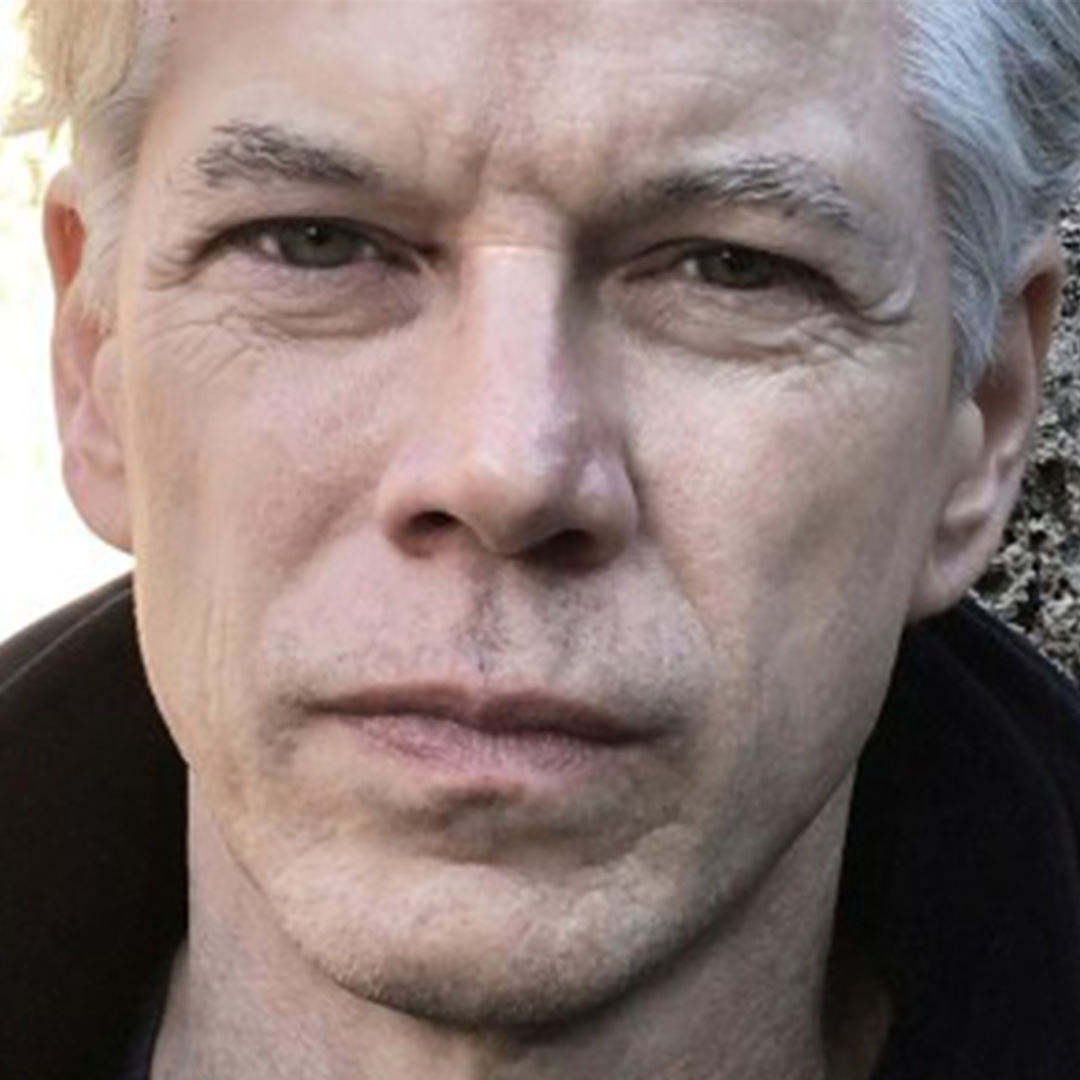18 Feb 2022 | Statements, United States
The undersigned organisations express their serious concern at the legal proceedings, also known as SLAPPs, that have been brought against investigative journalist Scott Stedman, his US media company Forensic News, and three of his colleagues.
Between June 2019 and June 2020, Forensic News published six articles and a podcast about the business affairs of British-Israeli security consultant and businessman Walter Soriano, after he was summoned by the United States’ Senate Intelligence Committee. The Committee was reportedly interested in Soriano’s connections to several people of interest, including the Russian oligarch Oleg Deripaska, who had been a former business associate of Donald Trump’s campaign chairman Paul Manafort.
The Forensic News team was sued by Soriano in July 2020, one month after they published their last article about him. Although the defendants are all based in the United States and Forensic News is incorporated in the state of California, the lawsuit has been brought in London.
A total of five claims were made in relation to data protection, libel, misuse of private information, harassment, and malicious falsehoods. Two of the claims, harassment and malicious falsehoods, have since been dismissed.
“We believe that the lawsuit that has been brought against Forensic News is a SLAPP,” the undersigned organisations said. SLAPPs abuse the law in order to silence critical coverage on matters of public interest. Index on Censorship has filed a media freedom alert to the Council of Europe Platform for the Protection of Journalism and Safety of Journalists.
“The case has many of the hallmarks of a SLAPP, including that Soriano is not only suing the news organisation, but also the four individual reporters. He also has lawsuits pending against investigative journalists in France and Israel, as well as against Twitter in Ireland,” the organisations said.
Due to the extremely expensive nature of mounting a legal defence in England and Wales, Forensic News is having to raise funds through an online crowdfunding campaign. The case is expected to go to trial before the end of 2022.
SIGNED:
Index on Censorship
Blueprint for Free Speech
The Campaign for Freedom of Information in Scotland (CFoIS)
Coalition For Women In Journalism (CFWIJ)
The Daphne Caruana Galizia Foundation
English PEN
European Centre for Press and Media Freedom (ECPMF)
IFEX
International Press Institute (IPI)
Justice for Journalists Foundation
Organized Crime and Corruption Reporting Project
Osservatorio Balcani Caucaso Transeuropa (OBCT)
PEN International
Reporters Without Borders (RSF)
Spotlight on Corruption
9 Nov 2021 | Iran, News
As Richard Ratcliffe enters day 16 of a hunger strike to protest against UK government inaction in the case of the continuing detention of his wife Nazanin Zaghari-Ratcliffe in Iran, he says it is not the lack of food that is his biggest worry.
“It is the cold,” he says from his makeshift tent village outside the Foreign and Commonwealth Office in Whitehall, just a short walk from the Houses of Parliament. Last Friday – Guy Fawkes Night – the mercury dipped to below freezing as a candlelit vigil was held to raise awareness of this wife’s plight, who has been detained in Iran for more than five years.
Nazanin, who was working for the Thomson Reuters Foundation at the time of her arrest, was sentenced to five years in prison in 2016 for “plotting to topple the Iranian regime”. As the end of her sentence approached, Nazanin was told she faced new charges of “propaganda activities against the government”. In April 2021, she was sentenced to a further year in prison. I spoke to Richard at the time in our podcast.
It is clear that Nazanin is clearly a pawn in a game of one-upmanship between the British and Iranian governments. There is no guarantee that she will be released even after serving the new sentence.
This is why Ratcliffe is carrying out his protest – to make the British government recognise that its strategy towards Iran has failed.
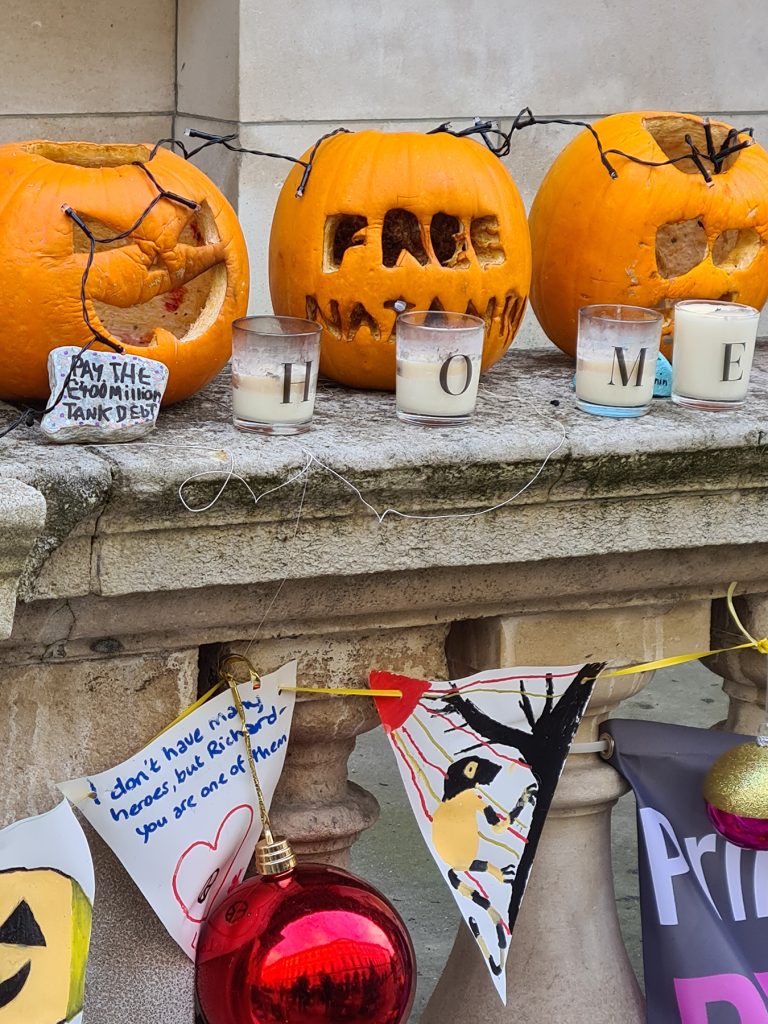 With his quilted jacket and woolly hat and mittens, Ratcliffe looks like many of the nearby rough sleepers. Yet few of those on nearby Whitehall are surrounded by pebbles painted by young children and carved pumpkins or have their tents festooned with fairy lights. Still fewer have a pile of Amazon deliveries from well-wishers.
With his quilted jacket and woolly hat and mittens, Ratcliffe looks like many of the nearby rough sleepers. Yet few of those on nearby Whitehall are surrounded by pebbles painted by young children and carved pumpkins or have their tents festooned with fairy lights. Still fewer have a pile of Amazon deliveries from well-wishers.
Camped out in the heart of British Government, Ratcliffe has been visited by a steady stream of MPs, including the Conservative MP for Ipswich Tom Hunt today.
This in itself is quite unusual.
“I have certainly been visited by more opposition MPS than those in the government,” says Ratcliffe. “I have had a lot of visits from the Labour front bench. Of those in the Government that did visit, very few wanted their picture taken.”
He has not been short of other well-known visitors wishing him well, including the author Kathy Lette, Victoria Coren and TV presenter Claudia Winkelman.
Ratcliffe says that despite promises from former Foreign Secretary Dominic Raab, little seems to be happening in official channels to secure the release of his wife.
“There have been no negotiations of substance for a while,” he says.
As the light faded and the temperature dropped again tonight, Ratcliffe’s hunger strike continued. Many experts say that the human body can endure around 25 days without eating before permanent damage occurs.
Ratcliffe plans to continue while he can.
“One of the things I have heard from other hunger strikers is that you eventually start closing in on yourself. That hasn’t happened so far,” he says. “You have to listen to your body though.”
Richard’s family and friends are naturally worried for his well-being and many are taking it in turns to keep his spirits up. As I speak to him, his mum – resplendent in a multi-coloured coat that belies the seriousness of the situation – pops over with a hot water bottle to keep the cold at bay.
Despite the cold and the growing concern of the effects of not eating, Ratcliffe will remain outside the Foreign and Commonwealth Office for now and certainly until later this week when Iran’s vice president Dr Ali Salajegheh leaves the UK after attending COP26 in Glasgow.
When the Government’s focus turns away again from the global ecofest, it needs to think about how it deals with Iran.
He says, “I don’t think the Foreign Office understands Iran properly. The Government also needs to look long and hard at its hostage policy and its ineffectiveness.”
Ratcliffe is clear on one thing that would help secure Nazanin’s release – the British Government could pay the £450 million that Ratcliffe and many others believe say it owes to the Iranian government. The money was paid to the UK in the 1970s by the then Shah of Iran to buy Chieftain tanks and armoured vehicles. When the Shah was deposed, Britain sold the vehicles instead to Iraq but kept the money.
Sign the petition to Free Nazanin here and, if you are in the UK, write to your MP.
8 Oct 2021 | Kazakhstan, Legal action against journalists, Media Freedom, News, Slapps, United Kingdom
[vc_row][vc_column][vc_column_text]
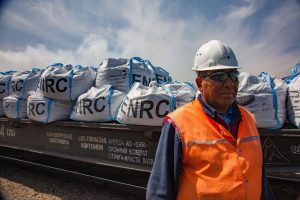
Metal Alloy plant. Worker in orange jacket and white hardhat on train with Eurasian Resources Group (ENRC). Alexey Rezvykh / Alamy Stock Photo
The undersigned organisations express their serious concern at the legal proceedings that have been filed in a UK court against journalist and author Tom Burgis, his publisher HarperCollins, and his employer the Financial Times (FT). Two lawsuits have been filed by Kazakh multinational mining company, Eurasian Natural Resources Corporation (ENRC), for what it claims are a series of “untrue” and “highly damaging” allegations made by the defendants about the company.
The first lawsuit, against Burgis and HarperCollins, centres around multiple passages in Burgis’ 2020 book Kleptopia: How Dirty Money is Conquering the World. The second lawsuit, against Burgis and the FT, relates to two FT articles by Burgis, eleven Twitter posts by Burgis based on the articles, and an FT podcast in which Burgis was interviewed about his investigation.
“We are extremely concerned that the lawsuits against Tom Burgis, HarperCollins, and the FT are Strategic Lawsuits against Public Participation (SLAPPs). SLAPPs are a form of legal harassment used by those with deep pockets to silence journalists and other public watchdogs by exploiting intimidatingly long and expensive legal procedures,” the undersigned organisations said.
The lawsuits filed in London follow earlier legal suits by ENRC in US courts against HarperCollins seeking disclosure of wide-ranging information relating to the publication of Burgis’ book and newspaper articles published in the FT. In the London lawsuits, ENRC claims that the publications defamed the company, including by falsely suggesting that it was involved in the deaths of two whistleblowers (former ENRC employees), whose bodies were found at a motel in Missouri in 2015.
A criminal investigation by the UK’s Serious Fraud Office into alleged corruption within ENRC opened in 2013 and is ongoing. It is understood to be focused on allegations of fraud, bribery and corruption around the acquisition of substantial mineral assets in the Democratic Republic of Congo and elsewhere. No charges have yet been brought. ENRC denies all allegations.
Since the SFO announced its investigation, ENRC has initiated a wave of more than 18 legal proceedings in the US and the UK against journalists, lawyers, investigators, contractors, and a former SFO official and the SFO itself. In June 2021, twenty-two organisations issued a statement condemning the ENRC’s lawsuits against public watchdogs.
“The lawsuits against Burgis, HarperCollins, and the FT are the latest in a deluge of litigation brought by ENRC as it attempts to robustly challenge corruption allegations,” the organisations said. “We are extremely concerned that ENRC’s legal tactics are a further attempt to silence those who interrogate any possible links between the company and incidents that warrant proper public scrutiny.”
“We urge the UK government to consider measures, including legal measures, that would protect journalists and other public watchdogs from abusive legal actions that are aimed at silencing them,” the organisations concluded. “Our democracy relies on their ability to hold power to account.”
The legal proceedings against Burgis, HarperCollins, and the FT were filed at the High Court of Justice of England and Wales on 27 August. The first hearing has yet to be scheduled.
Note to editors: ENRC was listed on the London Stock Exchange until 2013, when it became embroiled in controversy over governance issues and went private. Today it is owned by Eurasian Resources Group registered in Luxembourg. The ‘Trio’ who own the majority shares in ENRC (now ERG) are Alexander Machkevitch, Patokh Chodiev and Alijan Ibragimov. Mr Ibragimov died in February 2021. The Kazakh state owns an estimated 40 percent of the company.
SIGNED:
ARTICLE 19
Blueprint for Free Speech
Campaign for Freedom of Information in Scotland (CFoIS)
English PEN
IFEX
Index on Censorship
Justice for Journalists Foundation
Organized Crime and Corruption Reporting Project (OCCRP)
Osservatorio Balcani Caucaso Transeuropa (OBCT)
PEN International
Reporters Without Borders (RSF)
Rights and Accountability in Development (RAID)
Spotlight on Corruption
The Daphne Caruana Galizia Foundation
The European Centre for Press and Media Freedom
[/vc_column_text][/vc_column][/vc_row]
29 Sep 2021 | Magazine, Magazine Editions, Volume 50.03 Autumn 2021
Journalist
John Sweeney is a writer and journalist who has investigated Scientology and Russian interference in the US elections. He is the host of the Hunting Ghislaine podcast.
Activist and producer
Kelly Duda is an activist and producer and director of the documentary Factor 8: The Arkansas Prison Blood Scandal.

 With his quilted jacket and woolly hat and mittens, Ratcliffe looks like many of the nearby rough sleepers. Yet few of those on nearby Whitehall are surrounded by pebbles painted by young children and carved pumpkins or have their tents festooned with fairy lights. Still fewer have a pile of Amazon deliveries from well-wishers.
With his quilted jacket and woolly hat and mittens, Ratcliffe looks like many of the nearby rough sleepers. Yet few of those on nearby Whitehall are surrounded by pebbles painted by young children and carved pumpkins or have their tents festooned with fairy lights. Still fewer have a pile of Amazon deliveries from well-wishers.
